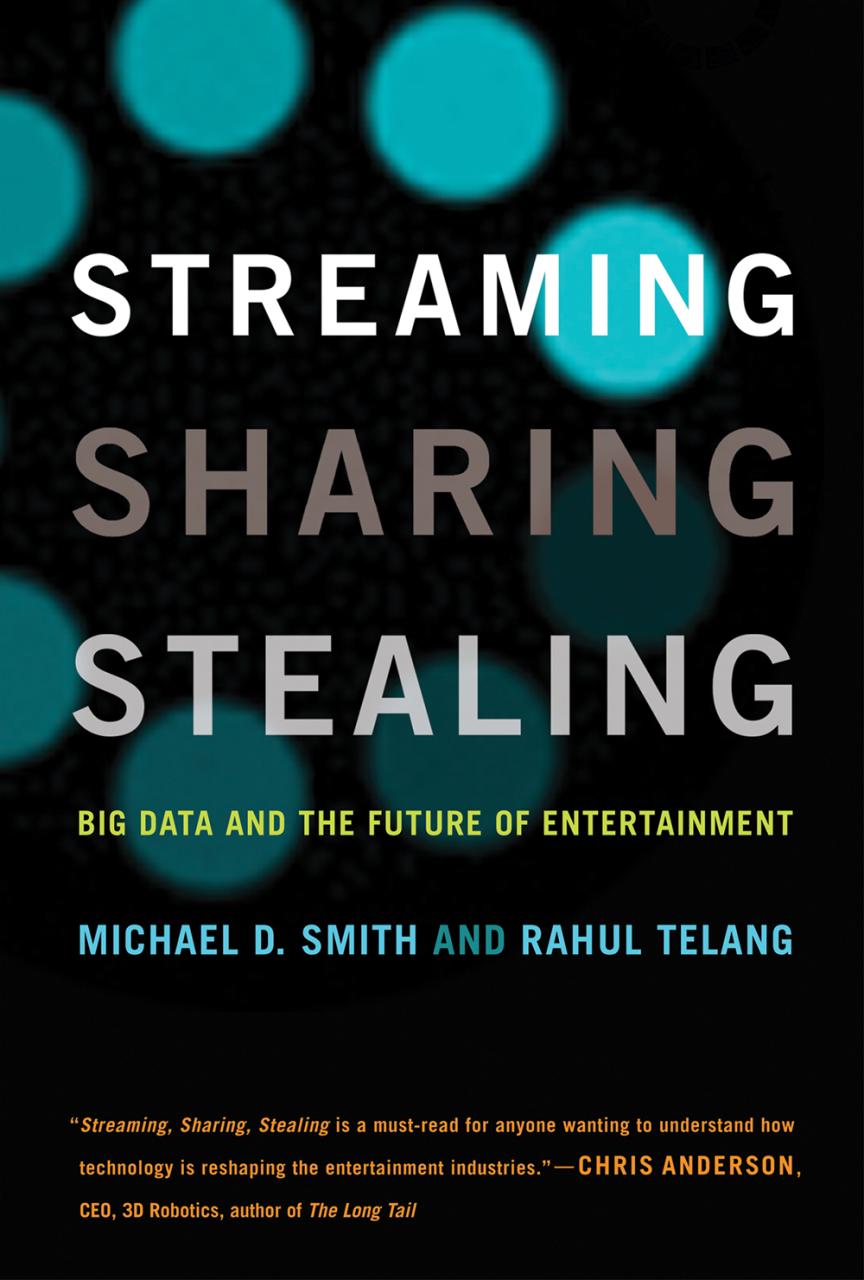
The entertainment industry is no stranger to using data to drive decision-making. However, with the rise of big data, the way content is created and consumed is being revolutionized. In this article, we'll explore the ways that big data is being used to shape the future of content creation in the entertainment industry.
What is Big Data?
Big data refers to the vast amount of data that is generated by digital devices and systems. Big data is characterized by its volume, velocity, and variety. In the entertainment industry, big data can be generated by a range of sources, including social media, streaming platforms, and customer interactions.
Big Data and Content Creation
Big data is being used to shape the future of content creation in a number of ways:
- Audience Insights
Big data is being used to gain insights into audience preferences and behaviors. By analyzing data on viewing habits, social media interactions, and other factors, content creators can gain valuable insights into what resonates with their audience. This can help to inform decisions about content creation and distribution.
- Personalization
Big data is also being used to enable personalization. By analyzing data on viewing habits and other factors, streaming platforms can recommend content to users that is tailored to their preferences. This can help to improve the user experience and increase engagement.
- Content Optimization
Big data is also being used to optimize content. By analyzing data on viewer engagement, content creators can identify areas where improvements can be made, such as pacing or character development. This can help to improve the quality of content and increase its appeal to viewers.
The Benefits of Big Data in Entertainment
The use of big data in entertainment offers a range of benefits, including:
- Improved Audience Engagement
By using big data to gain insights into audience preferences and behaviors, content creators can create content that is more likely to resonate with their audience, leading to increased engagement and loyalty.
- Increased Revenue
By using big data to inform content creation and distribution decisions, entertainment companies can increase revenue by creating content that is more likely to be successful and by reaching audiences in more effective ways.
- Improved User Experience
By using big data to enable personalization and optimization, streaming platforms can improve the user experience, leading to increased satisfaction and engagement.
The Challenges of Big Data in Entertainment
While the use of big data in entertainment offers many benefits, there are also challenges that need to be addressed:
- Data Privacy and Security
Data privacy and security are major concerns when it comes to big data and entertainment. As more and more data is collected and stored, there is a risk that it could be misused or exploited. There is a need for greater transparency and accountability around how data is collected, stored, and used.
- Data Quality
Data quality is another challenge in big data and entertainment. Ensuring that data is accurate, complete, and consistent can be difficult, especially when dealing with large volumes of data from multiple sources.
- Balancing Art and Science
Finally, there is a need to balance art and science in the entertainment industry. While data can provide valuable insights into audience preferences, it is important not to lose sight of the creative process and the importance of storytelling.
Conclusion
The use of big data is transforming the entertainment industry. By analyzing large datasets on audience preferences and behaviors, content creators can gain valuable insights into how to create and distribute content that resonates with their audience. The use of big data in entertainment offers a range of benefits, including improved audience engagement, increased revenue, and improved user experience. However, there are also challenges that need to be addressed, including data privacy and security, data quality, and balancing art and science. As the entertainment industry continues to integrate big data into its practices, it is important that these challenges are addressed in a way that prioritizes transparency, accountability, and the well-being of content creators, audiences, and society as a whole.